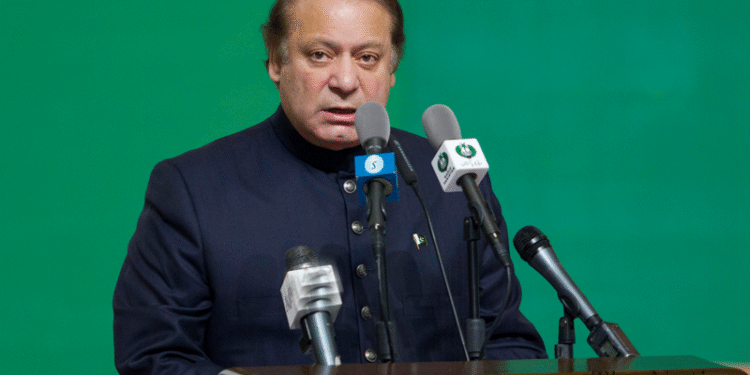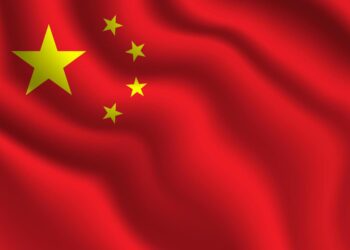The 13th summit of the Economic Cooperation Organisation (ECO) ended in Islamabad on a positive and optimistic note, envisioning a future that sees the bloc achieve economic connectivity and assert its influence on a global scale.
In ECO, Pakistan and Central Asian states to a large extent too, have found a cordial group of relatively homogenous states that sincerely seek to improve economic trade and resource sharing. Compared to South Asian Association for Regional Cooperation (SAARC), which is hamstrung by bilateral issues with India, ECO seems like a vehicle that might lead its member states somewhere.
This was evident by the manner in which the conference was conducted. Attended by the leaders of all 10 member states – barring Afghanistan which sent an envoy as a protest to recent tensions over terrorism and sanctuaries – the conference was typified by calls for increased infrastructural connectivity. Beyond resolutions, the conference adopted the Vision 2025 – a roadmap for the next decade – and undertook the restructuring of the organisation’s headquarters and secretariat in Tehran to modern standards. Also adopted was the Islamabad Declaration, which envisages doubling of the current level of intra-ECO trade in the next three to five years through implementation of the ECO Trade Agreement (ECOTA) and other ECO trade arrangements.
Encouraging as these agreements are, they require constant effort to become reality. ECOTA was signed in 2003 but is yet to be ratified by all countries; similarly, projects such as the Turkmenistan-Afghanistan-Pakistan-India (TAPI) pipeline are languishing behind schedule. The China-Pakistan Economic Corridor (CPEC) project has the potential to connect with Central Asia and Iran and eventually all of ECO, and the member states have shown interest in such a development. Pakistan must ensure now that the infrastructure and connectivity projects that it has undertaken are completed on time to meet the goals of this ECO conference. Only then can this bloc become a cohesive unit.


















